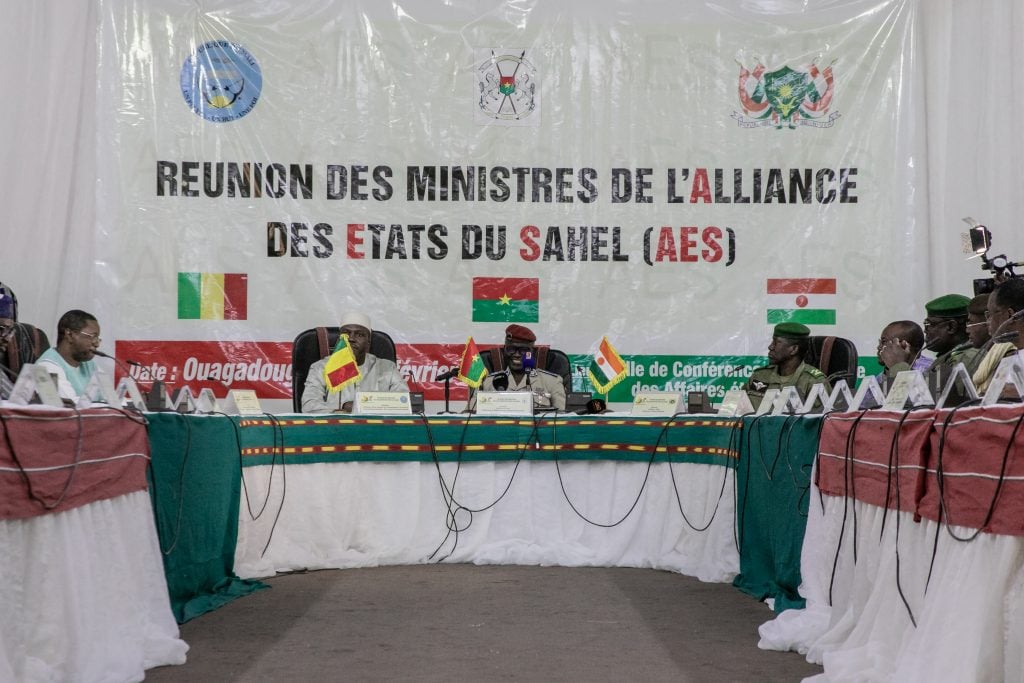
West African regional bloc ECOWAS has had a difficult year.
In January, Mali, Burkina Faso and Niger announced their withdrawal from the bloc – effective as of January 2025 – and established an alternative regional organisation, known as the Alliance of Sahel States (AES).
Military governments in the AES claimed that they had been badly treated by ECOWAS, which had imposed sanctions after they removed civilian governments in coups.
They also argued that the regional bloc had failed to help them fight raging jihadist insurgencies; and complained that ECOWAS was working too closely with France and other Western powers.
Meanwhile, AES states have become increasingly close with Russia, creating a regional divide. Countries including Nigeria and Benin, who retain stronger links to the West, are finding relations increasingly troublesome.
The fallout could have significant impacts on business and trade throughout the region, explains Flavien Baumgartner, a Sub-Saharan Africa analyst at Dragonfly, a security and political risk consultancy.
“The main impacts of the breakup will be the reinstatement of tariffs, the probable end of free cross-border movement of people and a consolidation of the juntas’ hold on power in Burkina Faso, Mali and Niger,” he predicts.
Impact on goods trade
The AES’s need to demonstrate its independence from – and competition with – ECOWAS means that there is a strong motivation for AES countries to keep their trade to themselves. But that is a significant challenge for AES states, all of which are landlocked and thus trade heavily with fellow West African markets with whom they share land borders.
“Sahelian countries are typically less developed and urbanised than coastal countries and are mainly producing agricultural goods they trade with coastal countries,” says Antoine Drogoul, Senegal country representative for Africa Practice, a consultancy which advises investors and development organisations.
“In return they import a large share of the rest of their consumption, utilising coastal countries’ ports as entry points and entrepôts. It makes them very dependent on good relationships, formal and informal, with their neighbours.”
Reduced regional trade will hit coastal states too. Around two thirds of livestock movements in West Africa cross an international border, typically traversing the Sahel to reach bigger coastal markets like Abidjan in Côte d’Ivoire. Nearly 55% of the meat consumed in Côte d’Ivoire is produced in Mali, Burkina Faso and Niger.
The AES countries have suspended the supply of other commodities to the region as well. This month, Burkina Faso and Mali suspended the export of shea nuts – a key commodity used in the agricultural sector in the region – causing prices to soar in coastal countries.
But with local markets in Burkina Faso and Mali now saturated with the product, the need to continue trade could prompt a surge in cross-border smuggling.
Infrastructure could be halted
Depending on how severe the regional fallout becomes, it could also impact commitment to major infrastructure projects across West Africa, including multinational rail and pipeline projects.
Projects of regional significance include a planned 284km railway connecting Niger and Nigeria’s second largest cities – Maradi and Kano respectively – as well as the proposed 4,100km Trans Saharan Gas Pipeline.
In March, Niger’s minister of transportation insisted the Maradi-Kano railway would proceed.
In the same month, S&P Global reported that Nigeria was considering a 5,600km pipeline to Morocco instead of the Trans Saharan Gas Pipeline as a result of the tensions with Niger. The new scheme would traverse 13 coastal states.
Other regional infrastructure efforts, such as road maintenance on major transport links between ECOWAS countries, could also be impacted.
If the AES states decide to withdraw from the West African Economic and Monetary Union (WAEMU), the organisation of eight mainly francophone states which share the West African CFA franc, the regional ramifications would be even greater. So far, there has been little indication that they will do so.
“Discontinuing the CFA franc would be riskier and significantly more complicated than withdrawing from ECOWAS,” Drougoul explains. “While exiting ECOWAS without an agreement would end the free movement of people, goods, and services with non-WAEMU members like Nigeria, Guinea, and Ghana, their continued membership in WAEMU may help mitigate these economic impacts.”
Bilateral disputes and border closures
Meanwhile, recurrent border closures and bilateral disputes between AES and ECOWAS countries are also weighing on trade.
While most ECOWAS sanctions on Niger, Guinea and Mali were lifted in February, Niger decided to keep its borders closed to goods from Benin, alleging its neighbour was hosting French forces that were training others to destabilise Niger. The decision was estimated to cost the country $1.8m a day.
“Regional fallouts such as that between Niger and Benin have a significantly negative effect on trade volumes between both countries and ultimately lead to high inflation of prices for the people of Niger,” explains Ayukegba.
“Rerouting goods leads to a higher cost for Nigeriens and a loss of revenue to transit operators in Benin”.
In particular, the border closure has proved deeply problematic for the oil and gas sector, because Nigerien oil is exported via a $6bn Chinese-built pipeline which runs through Benin.
Relations have improved somewhat, with one million barrels of crude oil, which had been stockpiled at the Beninese port, loaded on to a tanker for export in August. This was widely seen as the first step towards a normalisation of relations, though Niamey has still not reopened its border with Benin.
“Border closures create uncertainty”, explains Drogoul, “For countries highly interconnected through regional trade, these closures have an amplified effect, slowing economic activity and impacting local industries dependent on trade”.
The uranium sector has also been badly impacted by the border closure. In October, Orano, a company 90% owned by the French state, sought a temporary halt on mining and ore processing expenditures at its Somair mine in Niger, in which it holds a 60% stake, citing the closure of the main export corridor.
The firm’s feathers were also ruffled by an interview that Niger’s minister of mines, Colonel Abarchi Ousmane, held with Russian media in which he questioned the future of French firms in the country.
Unexpected resilience
Still, some relations are proving resilient despite the tensions.
“Côte d’Ivoire has leveraged regional dynamics to boost trade with AES countries, with Mali and Burkina Faso significantly increasing imports from Côte d’Ivoire in 2023,” says Drogoul.
“Trade between these three nations doubled between 2019 and 2023, remaining resilient despite political tensions.”
There are also opportunities for countries to build ties as the regional reorganisation occurs.
“We are likely to see an increase in inter-AES trade”, explains Drogoul, “Countries like Togo and Guinea, as well as Chad, may be benefiting from their closer political ties to increase their trade volume with AES countries. North African countries like Algeria and Morocco will increasingly compete with coastal states for exports and imports.”
A permanent rift?
Even so, the failure to bring the AES countries back into the ECOWAS fold – despite the removal of many sanctions upon them – creates numerous difficulties for business operations.
The volatile nature of the military governments, especially in the Sahel, leave businesses vulnerable to lurching, impulsive policymaking with considerable ramifications for profits.
With AES countries sceptical or hostile towards ties with the West, the impact on Western natural resources extractive firms could be pronounced, according to Baumgartner.
“By withdrawing from ECOWAS, military juntas in the Sahel have effectively eased the pressure the bloc was exercising on them to return power to civilians”, he says. “They will now almost certainly try to implement their own political agendas, which are mostly anti-Western.”
“This is likely to mean contracts being renegotiated or even companies being expelled”, he warns, adding that the danger is greatest for the mining sector, “The juntas target this industry to exert greater control over the mines and increase its revenue.”
Verner Ayukegba, senior vice president at the African Energy Chamber, a group which lobbies for the oil and gas industry, says that the situation calls for a rethink.
“Africa needs to reduce trade barriers and not create more”, he says, “We call on countries to seek amicable resolutions with existing free trade zones and to work on reforming these rather than creating new ones”.

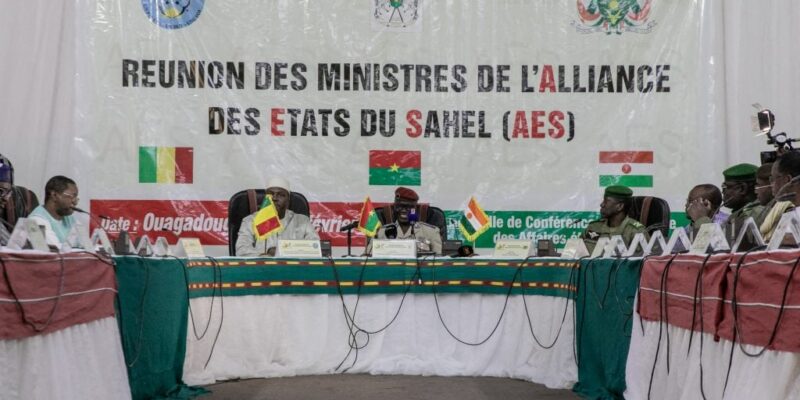
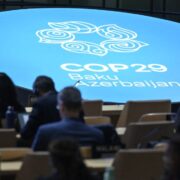
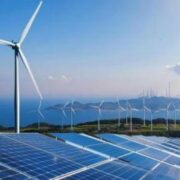

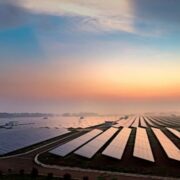
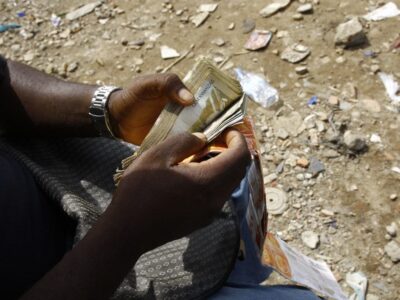


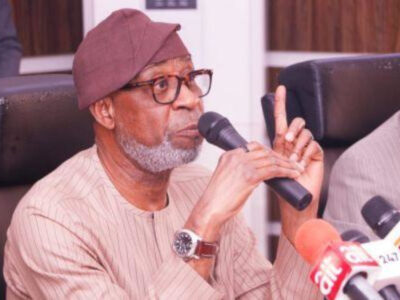

Comments